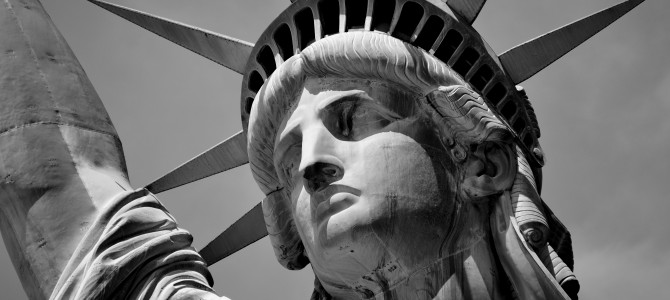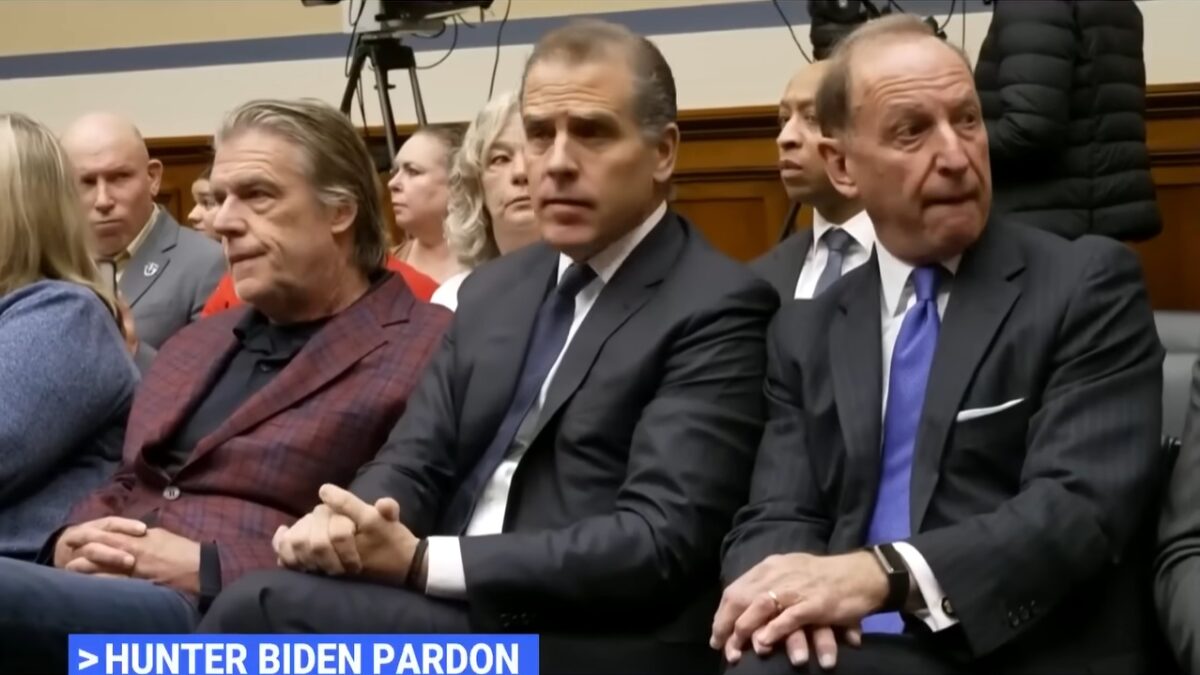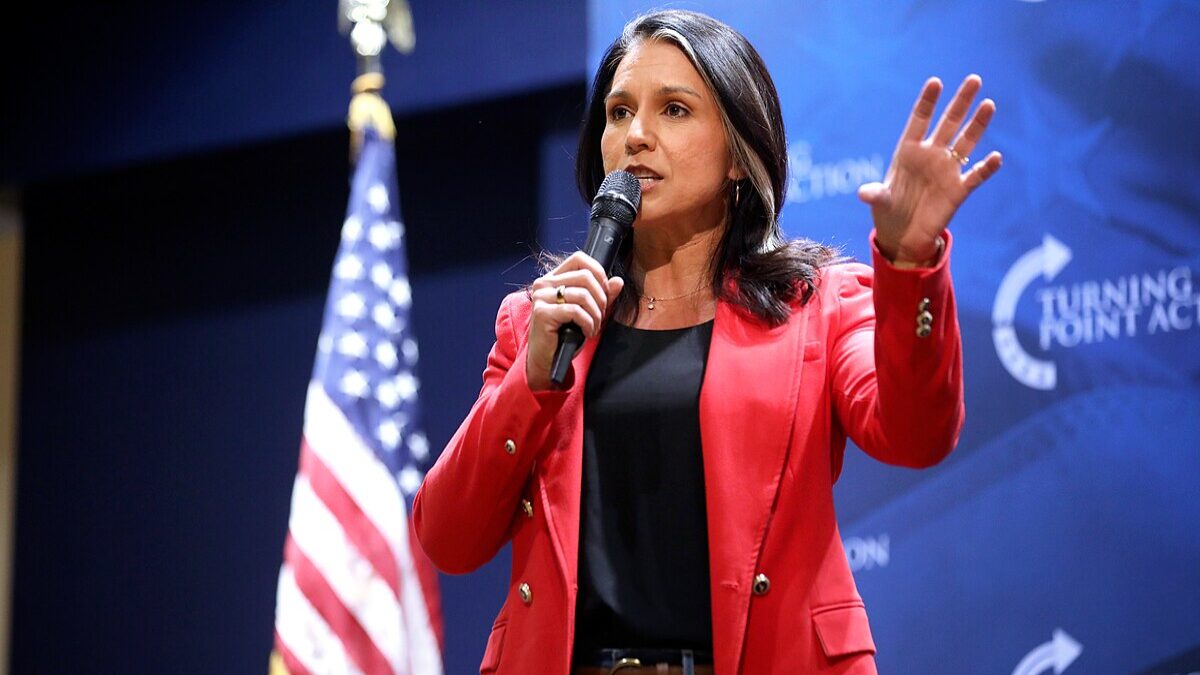
In 1983, when I was 16 years old, I lived in Germany—it was West Germany then—as an American foreign exchange student. It was a politically tense time. Germans turned a critical and often suspicious eye toward America while President Ronald Reagan negotiated nuclear-arms reduction with the Soviets. The United States had deployed medium-range nuclear missiles to Germany in the Cold War and many Germans wanted them removed.
Reagan, however, wasn’t going to budge unless the Soviets agreed to reduce their armaments. It was a zero-zero arrangement, and the Soviets weren’t very cooperative. Many German youth took to the streets to protest American nuclear policy—protests fueled by nuclear fallout propaganda films and a general distrust of Reagan, who was rightly seen as an “America first” president. This was the environment I stepped into as a teenager from a conservative military town in the American South.
It wasn’t long before I got my first taste of anti-Americanism. I had just arrived in Frankfurt and was walking through the train station to head north to a small village near the Elbe river. The corridors were lined with young people, wearing grunge clothes covered in graffiti, their hair spiked and painted black. I walked awkwardly through them in my American jeans, tennis shoes, and plaid shirt, my hair in a ponytail, dragging my American Tourister luggage behind me.
As I waited to purchase my ticket, a man sauntered up to me, sucking on a crumply rolled cigarette and smelling like a wet ashtray. I turned to him and smiled, saying “Hi,” and trying to uphold the stereotype of the outgoing and friendly American.
He stopped directly in front of me and just stared. I remember how the piercing above his left eye was infected and his black nail polish glistened as he pinched his cigarette between two fingers. It was the first time I’d ever seen someone hold a cigarette like that. Where I came from people held their cigarettes between two outstretched fingers like sophisticated housewives in the fifties.
“Kann ich Ihnen helfen?” I asked, with a heavy American accent.
He blew smoke out of the corner of his mouth and flicked his cigarette to the ground.
“Leave,” he said coldly. “We don’t want you Americans here.”
And then he walked away.
I glanced around uneasily, alone in a strange city and feeling uncomfortable. My ideals about traveling abroad and meeting friendly people were dashed a little. Thankfully, I was young and optimistic, so I tried not to think about it as I boarded the train and took the long ride north through the beautiful German countryside.
An American Among Socialists
Things improved. The family I stayed with was nice and welcoming. Politically, though, they had more in common with the punk guy on the street than me. The mom was a member of the Social Democratic Party and the daughter, who was just a couple of years older than me, was active in the Greens.
Most of my time in Germany was spent having typical teenage fun: camping by the Elbe River, going to school, shopping in the village, riding bikes through the countryside, drinking too much beer at Schützenfests, playing soccer in the fields, and hanging out at nude lakes where everyone stripped off their clothes but me. Seriously, I couldn’t bring myself to do it, and my friends teased me for my modesty, calling me the “little American Puritan.” They only stopped when I could drink many of them under the table (a natural gift of biology, not experienced drinking).
The girl I lived with was politically active and would insist that I go to demonstrations with her or visit local pubs to watch films about nuclear disasters. Most of the protests we went to were in Dannenberg, an idyllic German town with narrow cobblestone streets and outdoor markets.
People of all ages would come out and protest, demanding that Reagan remove America’s nuclear missiles from Germany no matter what the Soviets did. The anger and fear were palatable, and there were many occasions when I was thankful I had shed my obvious American clothes and had begun to look more German in homemade knitted sweaters, long skirts, and Birkenstocks.
As I watched the demonstration with the chant, “America Go Home,” ringing in my ears, I felt my cheeks redden with embarrassment. What was my country doing to these people? What right did we have to put them at risk for our own security?
Reclaiming Patriotism
I had come to Germany so proud of my nation, but I felt that slipping away. It wasn’t until later, during a conversation with a group of Germans at school about American exceptionalism, that I remembered why I had been proud of my country to begin with.
I was in a history class, and the professor was kind enough to have everyone speak in English for my benefit. It was the highest grade in the German education system, so everyone could speak English well. The professor, no doubt, saw this as an opportunity for them to practice, but he also wanted to make sure there were no language barriers as we discussed Reagan’s foreign policy.
It was daunting, to say the least. We talked about lot of issues, but there was one interchange I remember particularly well because it solidified for me why I love my country, and why I wouldn’t allow myself to get caught up in the emotion of the protestors and lose sight of the beauty and wonder that is America.
One of the German students asked me why Americans thought they were better than everyone else and why they thought they had the right to impose their will wherever they wished. I could sense not only the anger in his question, but the fear. And I focused on his fear in my answer. I told him Americans are not better than anyone else. We are all the same—Germans and Americans. We’re all amazing human beings created in the image of God.
America is exceptional, not because it is composed of better people, but because it is founded on a superior idea that applies to all people—the idea that people who live freely can do anything, be anything, and become great if they live a moral, mindful life.
Trade Fear for Understanding
America is the beacon of liberty in this world—and no one should fear it. It is exceptional because it is unique to human history, a convergence of circumstance, philosophies, values, reason, and faith—all coming together to create a new society unlike any the world has ever seen. And anyone can have it. It’s not a point in time, a special “golden age,” or even a utopian ideal. It is liberty—the key to human flourishing, the pathway to happiness. Without it, you only have tyranny and oppression to one degree or another.
I recounted that conversation to one of the leaders of the foreign exchange program when all of the American students met in Bremen, Germany, at the end of our stay. Later that week, she asked me to speak to the Bremen state assembly on behalf of the American students.
Never one to speak in public—and tortured by social and performance anxiety—I didn’t know if I could do it. She wouldn’t let me say no, so on a Friday morning in August, I walked into the ornate hall of the Bremen assembly and spoke to them about the greatness of America and why it was good for Germany. I told them about going to the protests and how I understood the German people’s fears. They didn’t trust our president because Reagan was concerned first about America. I admitted that this was certainly true. But, I explained, just because Reagan is for America doesn’t mean he is against Germany. And just because America is strong doesn’t mean Germans need to be afraid.
I could see the skeptical looks on the politicians’ faces, but I pressed on, fully aware of why I could proudly and unapologetically speak for the greatness of my country.
“You don’t have to be afraid because America is about freedom for all,” I said. “It is a good in and of itself because it is founded on the timeless principle of liberty given, not by man, but by Nature’s God, and when America is strong, all freedom-loving people in this world are better off.”
Good Does Not Equal Perfect
What I said in 1983 is just as true today. America is special, but not because we are ethnically a better people. In fact, there isn’t really any such thing as an American ethnic group. We are Americans because we believe in the values of liberty, faith, and unity amid diversity. It is only when people are free to live their own lives, to keep their own property, to love their families, and to serve their communities as they see fit, that they can truly be the best they can be.
America is about everyone in this world having that opportunity because without it human beings can’t flourish. Of course, that path to greatness is not always easy. We fail. We mess up. We are not a perfect people. We never will be. Freedom is no utopian promise. But it is the best, the only path, to happiness.
Sadly, we live in a day when people in our own country mock American exceptionalism as if it were a quaint moment in history that will never be realized again. We live in a day when the president of the United States apologizes for American greatness and American values. We live in a day when people would rather have “equality” and “security” or some other “public good” instead of liberty and freedom. We live in a day when people prefer the “community” over the individual, failing to realize that, as former British Prime Minister Margaret Thatcher said, “There is no such thing as society: There are individual men and women, and there are families, and no government can do anything except through people and people look to themselves first.”
We have to fight those who denigrate our dreams, our history, and our values. We need to believe in the idea of America again, the dream that liberty should go out to all the nations, that freedom is the wellspring of greatness, that liberty is the gift given to us by our Creator—free will, the ability to choose as an individual the path we want to walk to fulfill our dreams. And that ability is not autonomous—separated from the Creator’s hand—but it is freedom from the coercion and oppression of other human beings. We are each our own, our conscience bound by nothing other than reason and divine law written on our hearts, created to be in fellowship first between ourselves and God, then with family, and then with the broader community.
If we give up that dream, we give up everything. If we give up on freedom, America is gone, and no one—not the rich or the poor, the young or the old, the black or the white, the man or the woman—will find the kind of happiness that can only be had when liberty rings from sea to shining sea.
D.C. is a journalist who lives in Charlotte, NC. This essay first ran here at Ricochet.









